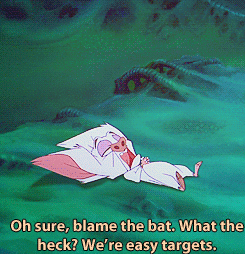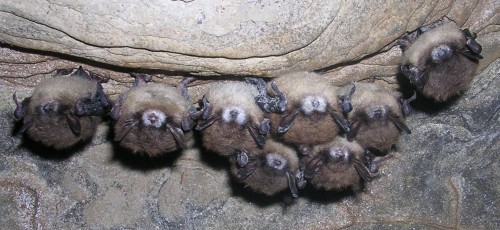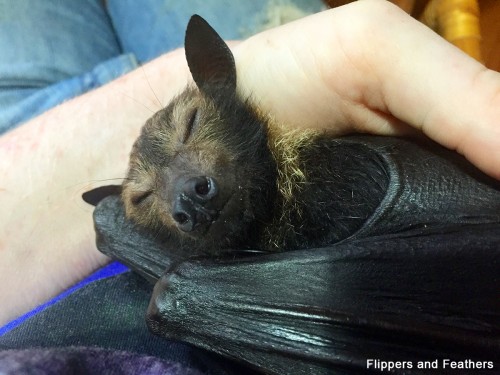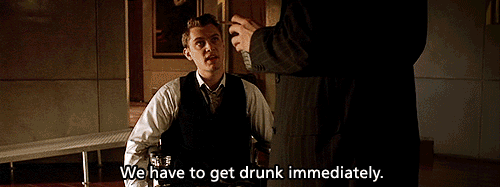Bats have a bad rap. Whether it be the belief that they are flying rodents, blind and get tangled in your hair, or want to suck your blood, there is no end to stories about them that feed on fear bred from a lack of understanding, and unfortunately the fallout for these ecologically important creatures is huge.
“But they’ll give you rabies!” people scream, when in reality fewer than 0.5% of bats contract the virus in the first place, and it often kills them. In Australia there have only been 2 cases of humans contracting Australian Bat Lyssavirus. More humans die from altercations with household pets than have died from interacting with bats in recorded history (indeed, I often point out that “man’s best friend” frequently attacks people for no reason, yet nobody screams foul). And: any increase in “bat attacks” is due to US continually encroaching in THEIR native habitat. (note: it is still not recommended you touch a downed one unless vaccinated and qualified to do so)
Bats make up about 20% of all mammal species on earth. They are split into two groups: Fruit-eating megabats, and microbats, which are primarily insectivorous (although some eat fish, frogs, blood, and so forth). Some scientists believe the two groups may have evolved separately though convergent evolution, although this theory has lost ground in recent years. (although interestingly, the flying fox’s brain is remarkably similar to a lemur’s. And female short-nosed bats are the only non-primate species to perform fellatio during intercourse…)
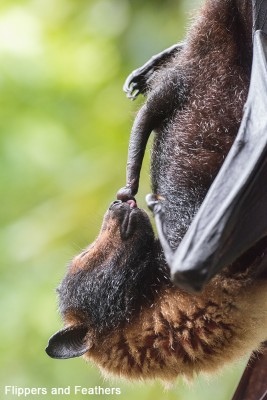
Ron has no trouble performing fellatio on himself. Prints available here.
Who likes mosquitoes? Bats are nature’s insecticide, and love them. A single Little Brown Bat can consume upwards of 1000 mosquitoes per hour, and do so for upwards of 40 years. There have been several cases where farmers noticed a sharp rise in pest-damage to crops after eliminating a colony of bats from their property, and sought to encourage their return.
Meanwhile, fruit and nectar-loving flying foxes are key pollinators (as it gets stuck to their muzzles as they feed), and seed-dispensers (through their poop), both of which help forests regenerate. Forests that are filled with critters people generally do like a lot more than bats.

Originally seen on A Shame If You Don’t Like BATS
Unfortunately, despite being such important and beneficial animals, nearly 1/4 of bat species are threatened with extinction. On top of the usual human-induced culprits such as habitat loss, microbats in North America are now falling prey to a fungal infection called White Nose Syndrome. It has been called “the greatest threat to bats ever seen”, and has caused population declines of upwards of 90%.
Flying Foxes in Australia, meanwhile, keep finding themselves on the receiving end of “relocation” efforts. In 2013 in Charters Towers, Queensland, the local council used smoke, paintballs, high-pressure water hoses, and fireworks to drive 80,000 bats out of town. Acting against (or perhaps because of) the advice of conservationists, they did it during a critical time in the birthing season when infants were too big to fly with their mothers, but to small to fly by themselves, effectively wiping out the next generation. Rescuers were prevented from rescuing downed pups.
These bats are believed to have re-settled in Townsville, where they were again forced to relocate. But where do they go when we keep destroying their habitat? Entire colonies are now disappearing (as I heard from a conservationist involved in a count), yet their conservation statuses rarely seem to change.
In a town in New South Wales, residents recently tried to set fire to a colony of bats, stating “reduced quality of living, and damage to property”. I think the bats could say the same thing about living near humans. Humans encroach on their homes, cut down their forests so they have nowhere to go, and then have the audacity to try and set fire to them while calling the bats a plague? Give me a break!!!!!!!
And it isn’t just in Australia. The Mauritian government recently culled 18,000 endemic Mauritian Flying Foxes — a staggering 20% of the threatened population.
So how can you help bats? Install bat-boxes. If you live in warmer climes, don’t trim dead leaves off palm trees, as these can serve as roosts. Volunteer at or donate to rescue centres and other conservation efforts. But most importantly, inform others of how cool bats can be. During my time volunteering at BatReach Kuranda, I shared the stories of the bats I cared for, and several people sent messages saying they had never realised how amazing bats are. The stigma can so easily be reversed if people just open their minds.
Brad would thank you if you do.
Further reading: To Know Bats is to Love Them

